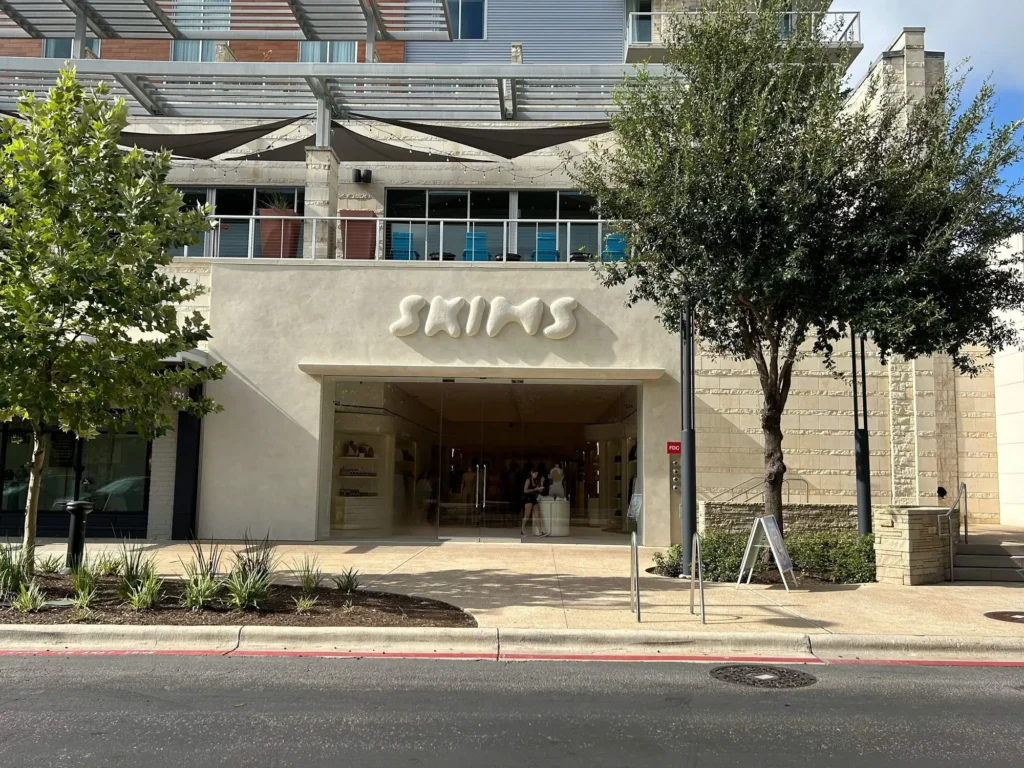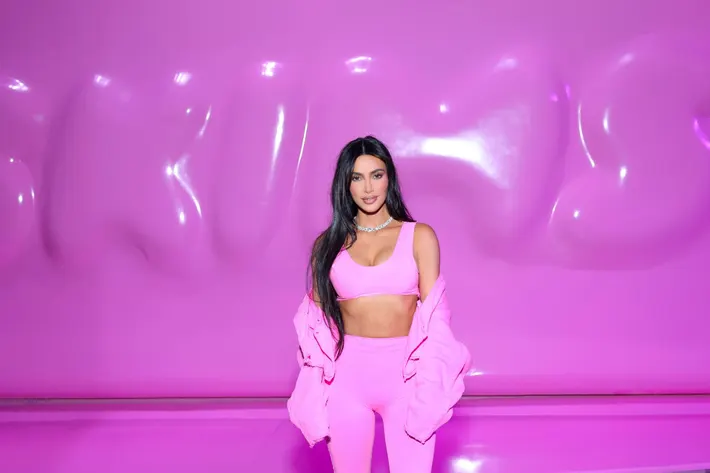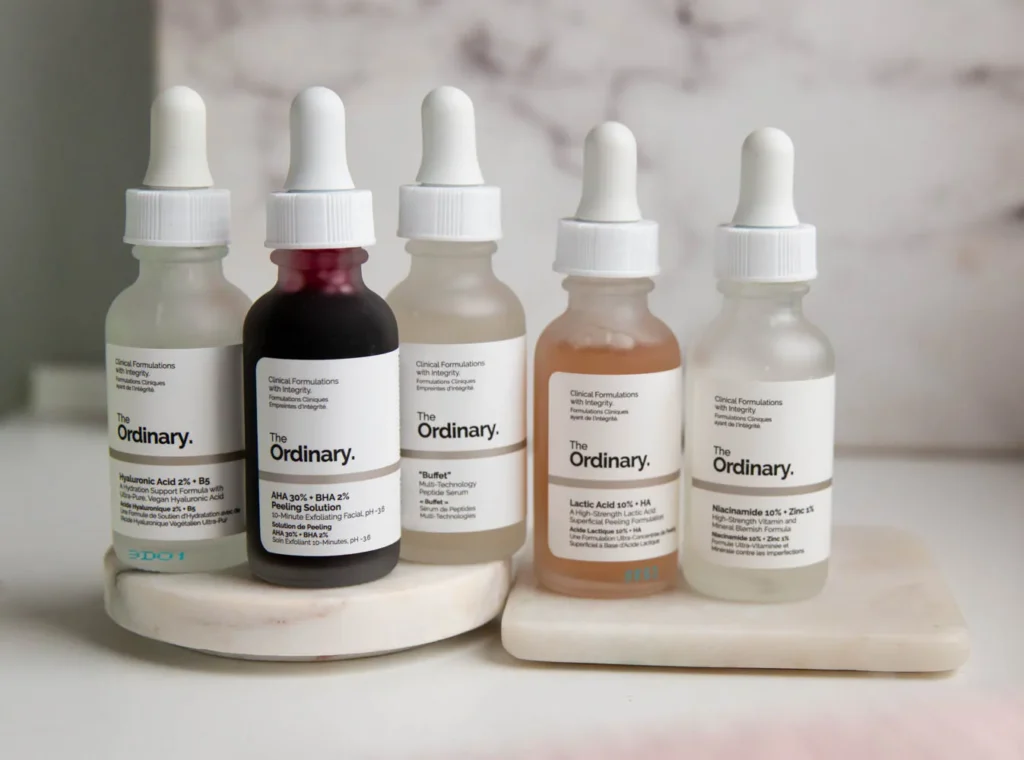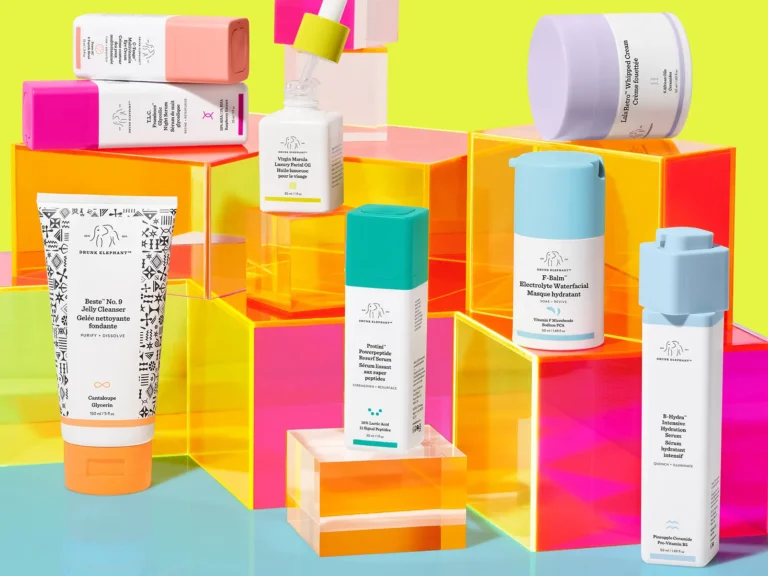Introduction to the body positivity movement
The body positivity movement has taken the world by storm, reshaping how we perceive beauty and self-acceptance. It’s an empowering message that encourages people of all shapes, sizes, and backgrounds to embrace their unique bodies. Amid this cultural shift, SKIMS emerged as a prominent player in the fashion industry. Founded by Kim Kardashian West, SKIMS promises to provide inclusive shapewear designed for every body type. But does it truly live up to its mission?
As consumers become more discerning about brand values and their impact on society, the debate around SKIMS’ role in promoting body positivity intensifies. Are they genuinely celebrating diversity or merely capitalizing on a trend? Let’s dive deeper into this intriguing controversy and explore what really lies beneath those skin-toned fabrics.
What is SKIMS?
SKIMS is a modern shapewear and loungewear brand founded by Kim Kardashian in 2019. The brand emerged with a vision to redefine the standards of body inclusivity.
Offering an extensive range of products, SKIMS focuses on comfort without sacrificing style. Their collection includes bodysuits, bras, underwear, and loungewear designed for various body types.
What sets SKIMS apart is its commitment to diversity in sizing and shades. With options ranging from XXS to 5X and a spectrum of skin tones, SKIMS aims to cater to every individual.
The brand has quickly gained popularity for its innovative designs that promise both flexibility and support. Celebrities and influencers alike have embraced it as their go-to choice for everyday wear or shaping solutions.
With such a bold statement in the fashion world, it’s no wonder many are eager to buy SKIMS online or explore special promotions like the latest SKIMS promo code or discount code offerings available.
The controversy surrounding SKIMS and body positivity
SKIMS, the shapewear brand founded by Kim Kardashian, has sparked a significant debate in the body positivity community. Launched with promises of inclusivity and diversity, SKIMS aimed to cater to various body shapes and skin tones. However, this ambition quickly faced scrutiny.
Critics argue that while SKIMS offers an extensive size range, it still falls short of embracing all body types. Some feel that the brand’s marketing focuses more on idealized figures rather than truly representing diverse bodies. This creates a paradox for those who seek genuine representation.
Moreover, discussions around celebrity influence complicate matters further. While Kardashian herself champions body acceptance, her status can inadvertently overshadow smaller brands committed to authentic inclusivity. The tension between commercial success and true advocacy remains palpable as consumers navigate their perceptions of beauty standards within these contexts.
Arguments for and against SKIMS’ inclusivity
Supporters of SKIMS argue that the brand’s extensive size range is a significant step toward inclusivity. With options from XXS to 5X, many feel represented in a market often dominated by unrealistic standards. The diverse advertising campaigns featuring models of varying body types further highlight this commitment.
However, critics point out that while SKIMS offers more sizes than most brands, it still falls short in representing all bodies authentically. Some claim that marketing strategies emphasize certain body ideals over true diversity.
Additionally, the price point can be prohibitive for many consumers seeking inclusive fashion. The perception remains that luxury and affordability are at odds within the context of body positivity.
This ongoing debate reflects broader societal tensions about how inclusivity is defined and marketed within fashion today.
The impact of SKIMS on body image and self-esteem
SKIMS has carved a distinct niche in the fashion world, especially regarding body image and self-esteem. By offering a wide range of sizes and shades, they aim to make every body feel seen.
Many customers have reported feeling empowered when wearing SKIMS products. The brand’s emphasis on comfort can boost confidence levels. When individuals find shapewear that fits well, it often translates into greater self-assurance.
However, not everyone shares this sentiment. Some argue that SKIMS still falls short by promoting an idealized version of beauty through marketing tactics. This duality can create confusion around what celebrating bodies truly means.
Social media plays a pivotal role in shaping perceptions too. Positive testimonials about SKIMS frequently circulate online, but critiques also emerge alongside them. This ongoing dialogue influences how people view their own bodies in relation to fashion choices available today.
Alternative brands promoting body positivity
Several brands are stepping up to promote body positivity in meaningful ways. They focus on diverse sizing, inclusive marketing, and empowering messages.
Aerie is leading the charge with its #AerieREAL campaign. They feature unretouched photos of models of all shapes and sizes. This approach resonates deeply with shoppers seeking authenticity.
Savage X Fenty has redefined lingerie by showcasing a wide range of bodies during their fashion shows. The brand’s commitment to inclusivity ensures everyone feels represented.
Another notable mention is ASOS Curve, which offers trendy plus-size clothing without sacrificing style for size. Their vast selection caters to various tastes while promoting self-love.
Universal Standard emphasizes the idea that size should never limit style or confidence. Their “size-inclusive” ethos highlights their dedication to making fashionable pieces accessible for all women regardless of shape or size.
These alternative brands illustrate how fashion can embrace diversity and foster positive body image through thoughtful choices and representation.
Can we truly celebrate all bodies in the fashion industry?
The fashion industry has long been criticized for its narrow standards of beauty and representation. Yet, the rise of body positivity challenges these conventional norms and pushes for inclusivity. SKIMS entered this conversation with promises of celebrating all bodies through their diverse product range.
However, true celebration requires more than just marketing strategies or a variety of sizes. It calls for genuine representation that resonates across different shapes, ethnicities, and identities. While SKIMS offers an array of options to fit various body types, critics argue that it still falls short in terms of diversity and authenticity.
As consumers become increasingly aware and vocal about inclusivity, the pressure on brands like SKIMS intensifies to step up their game. The question remains: can we truly celebrate all bodies without addressing systemic issues within the industry?
Alternative brands are emerging as champions for body positivity by focusing on authentic messaging rather than mere aesthetics. They prioritize real people over idealized images—an approach that could pave the way toward genuine acceptance in fashion.
While SKIMS has made strides in promoting a broader definition of beauty, there is still much work ahead to ensure every individual feels represented and valued in this evolving landscape.




















